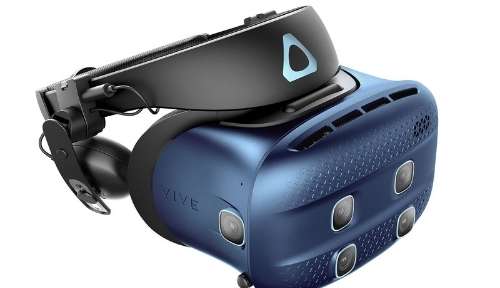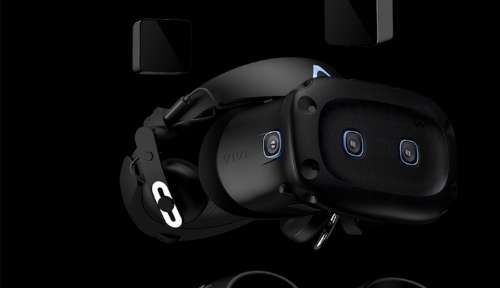What do we mean by ‘VR learning theories?’ If we break this down into ‘learning theories’ then apply it to virtual reality, which might engender a greater understanding.
What are learning theories?
Learning theories refers to a collection of ideas about what ‘learning’ is and how these are defined. This includes the following:
- Acquisition of knowledge/information
- Acquisition of skills and/or expertise
- Interpreting and understanding information
- Analysing and evaluating information
- Retention and recollection of information
In other words, learning is a process which a person undergoes at various stages of their life. They learn by the completion of tasks or by rote in which they are taught facts and figures. Some aspects of learning are passive but others especially those which involve virtual reality are active experiences.
But is learning something which happens to a person or is it something that a person does – or is done to them? This is an issue which has been strongly debated by various thinkers, educationalists and experts who expound a range of different theories. One idea is that there are four different learning styles which include social and behaviourist.
Where does virtual reality fit in? Virtual reality has the ability to cater to all learning styles such as behaviourist or social. It has its own rules where the focus is on exploration and interaction within a simulated environment in order to achieve a goal. This freedom and flexibility means that any style can be accommodated which is one of its main benefits.







